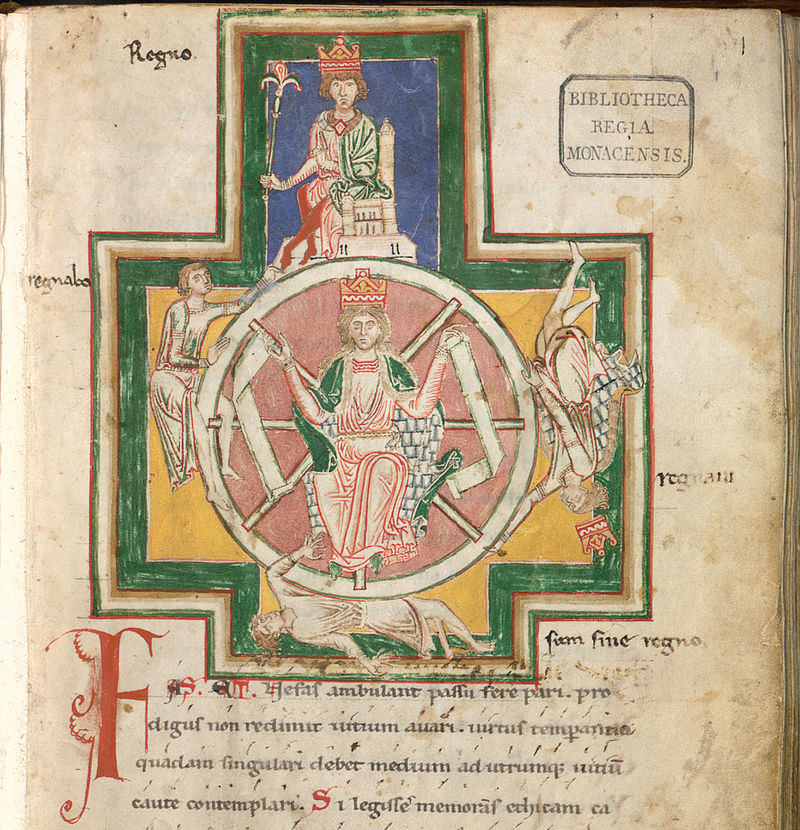The Hall of Dual Truth
Time and Fidelity to Oneself
Trial in the Hall of the Dual Truth - Maati
“Memory is not a passive recorder but a tool in the construction of the self”
Arthur C. Clark
“What is Truth?” asked Pilate of one who must have known it…. Bu He kept silent…But the same question stands open from the days of Socrates and Pilate down to our own age of wholesale negation: is there such a thing as absolute truth in the hands of any one party or man? Reason answers, “there cannot be.” There is no room for absolute truth upon any subject whatsoever, in a world as finite and conditioned as man is himself. But there are relative truths, and we have to make the best we can of them.” H.P. Blavatsky
Truth, Maat in ancient Egypt, was symbolized by a feather, because of its lightness, that is, its lightness in the memory of man, its immateriality, its spiritual character.
Maat was also represented as a goddess with multicolored and iridescent wings, under whose protection and projection dwelled all: gods, human beings, and every thing that exists in this world. Therefore, she represented the Totality, that is, the Eternal Truth; but in this world we, the human beings, can only access some of her colored feathers, i.e.: the relative and temporary truths.
For the Egyptians, that culminating moment, the passage into the afterlife, was represented by the “Maati” Hall, that is, the Hall of the Double Truth and Justice. And this truth was verified in the Heart of every Judged Soul.
The heart was a symbol of consciousness in motion, that is, the consciousness through time. For this same reason, during the funeral rites, the heart was replaced by a green beetle, Khepri. A dark and heavy insect, so earthly that it buries its young hatchlings in dung balls carried between its legs: a true representation of man in his eternal toil, dragging his own material creations. But there is hope, because Khepri is also a verb meaning transformation, evolution, creation.
This dark animal possesses the capacity to change, to evolve and recreate itself. Suddenly, responding to the call of the sun, the heavy insect spreads its wings and flies into the sky. In the same way, the human being can also make his consciousness free and soar into the sunlight of the spirit.
The scarab amulet deposited among the bandages has a recitation inscribed on its base:
Heart of mine, heart of my mother, Heart of mine from my mother, and your earthly heart of my successive transformations. Do not oppose me at the Judgment, may the Divine Judges not reject me. Be not hostile to me in the presence of Him who holds the Balance. Thou art the original force and cause that formed and protected my limbs. May you too reach the happy place to which we yearn. Do not make my name rot and stink among the Almighty Lords who shape the Destiny of Man. Do not utter lies about me before God, but may the ears of the gods rejoice and their hearts be satisfied when my Words are weighed in the Balance of Judgment. (Egyptian Book of the Dead, Chap XXX)
That is what it is all about, that is all the Judgment that is needed, it is about Fidelity, about distinguishing the celestial heart, that is to say the celestial consciousness, from the terrestrial heart or the daily consciousness in constant transformation, the terrestrial consciousness that disappears with death. Both are subject to time, but to two types of different times. The terrestrial consciousness is subject to vulgar time, it travels through time forgetful of itself, only capable for retaining the momentaneus experience, the passing criterion only useful to survive from day to day.
However, the Celestial Heart or celestial consciousness travels or, better said, lives in the Great Time, that of the Great Cycles that go beyond life and death, because it lives in the time of the One Life.
The one who is judged asks to this double consciousness to be faithful and not to betray him only judging his words and memories, because what we think of ourselves and the others is always colored by false and distorted perceptions produced by this illusory world, in which we are incarnated and deluded.
The soul tells his heart: Do not bear false witness, do not make mistakes, do not declare what is not real, do not say that you are just when you are unjust, do not say that you love when you don’t love, do not say that you are good when you lack goodness.
Only fidelity, the Great Fidelity that only exists in the Eternal Time, Fidelity to the Truth, to the Truth of who we really are, and not the fictional “character” that we have become, only this is the guarantee of Permanence in the bosom of That which does not die.









